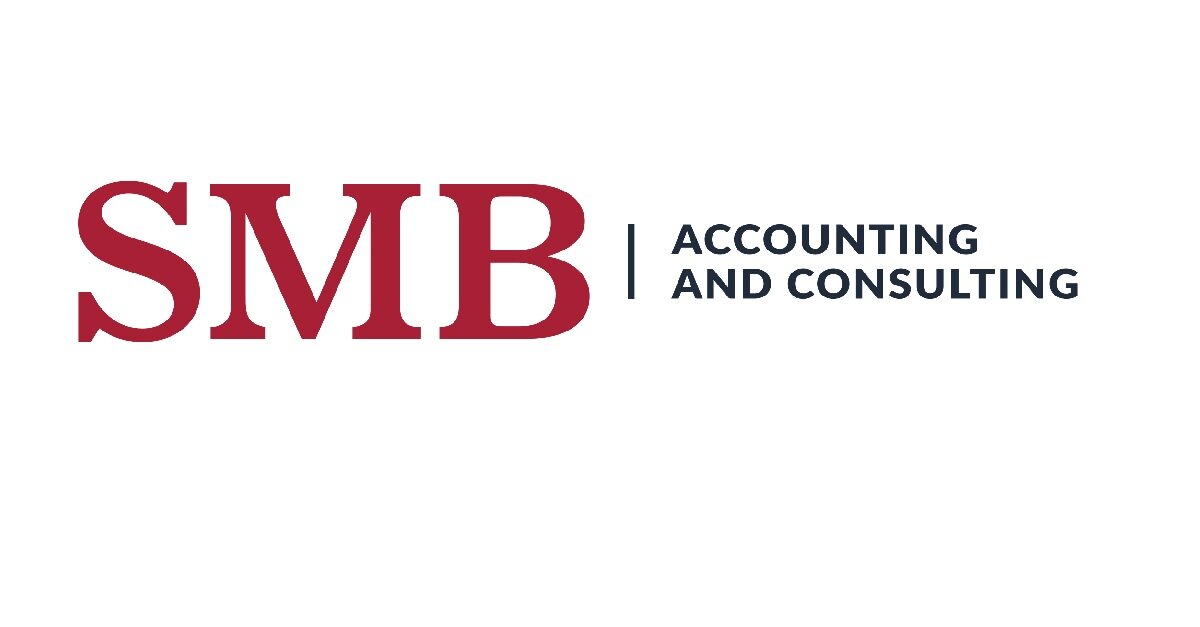Common Accounting Mistakes: Government Edition - Issue #11 What is GAAP?
Many small business government contractors are exempt from complying with cost accounting standards (CAS) and defined by the code of federal regulations (CFR). However, compliance with generally accepted accounting principles (GAAP) is required. What exactly is GAAP?
GAAP are a set of accounting principles established by the Financial Accounting Standards Board (FASB) to provide clarity, consistency, and comparability of financial reporting and information. All publicly traded companies are required to follow GAAP. Privately held companies may choose a non-GAAP reporting method, but when working with the federal government and the Defense Contract Auditing Agency (DCAA) GAAP must be followed. There is no complete set of principles since different industries must report financial data differently.
While industry specific best practices can be included as GAAP, there are some basic (and most common) principles in GAAP. These should be integrated in any federal contractors accounting policies.
Accrual Basis Accounting - Transactions are accrued when earned/incurred rather than when cash is received/spent
Matching Principle – income and expense pertaining to the same operations should be included in the same time period
Revenue Recognition – revenue is earned and recognized upon completion rather than the timing of cashflow
Cost Principles – assets are recorded at cost, not market value
Economic Entity – separate financial records are kept for different entities
Monetary Unit – financial records include only quantifiable data
Full Disclosure – any information (such as lawsuits or bankruptcy) that could have a significant affect on an entity’s financial position should be disclosed
Conservatism/Prudence – the least optimistic estimate will be used
Regularity – established rules and regulations are followed
Consistency – consistent standards are applied
Sincerity – financial reporting will be accurate and impartial
Permanence of methods – consistent procedures are used
Non-compensation – ALL factors pertaining to performance are reported regardless of the indications of positive or negative performance
Continuity/Going Concern – assumption that an organization will continue operations
Periodicity – reporting is divided into accounting periods such as months, quarters, and/or fiscal years
Materiality – when information will have no significant effect on end users, it may be ignored
Good Faith – assumption that all parties are acting with honesty and integrity

